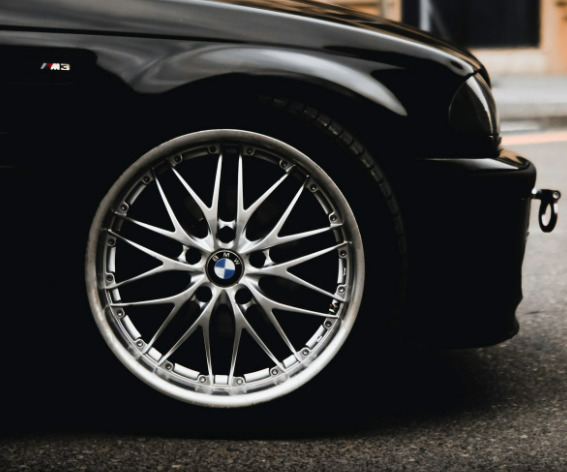Wheels can easily get scratched up or dented by misjudging a kerb or simply through regular driving. This could affect the appearance of your car and could even negatively impact driving if the damage is severe. If you choose to fix the damage, you’ll need to weigh up whether it’s better to repair or replace. There are times when it could be more economical to get new rims. There are other cases where refurbishing your alloys could be more economical. Below is a guide to when to consider each option.
When should you repair?
Minor damage such as scuff marks, scratches and fading can usually be fixed by refurbishing your alloys. You may be able to do this yourself at home to save yourself some money – there are lots of guides online such as this one at YouTube that you can use to do your own repairs. However, in most cases it’s easier to use a professional company such as SMART repairs – you’ll be guaranteed a much better finish and you won’t have to invest in equipment and tools.
You should consider the value of your alloys before paying someone to refurbish them. Cheap alloys are probably not worth refurbishing, but if you’ve got some decent alloys (and you’d rather not replace them with cheap ones) it’s almost always more economical to get them repaired.
When should you replace?
There are times when the damage is likely to be so great that no amount of refurbishing will get your alloys back to a safe driving condition. Split rims are very rarely worth repairing – you may be able to fix some cracks by welding them, but in most cases the stress on the wheel will open them up again and possibly cause them to crack further, possibly causing a blowout. Buckled and distorted wheels are also very difficult to get back into shape – in these cases, replacing is almost always the safer and more sensible option.
You should weigh up the cost of replacing your rims with the cost of repairing them. Often it depends on the quality of the rims you want on your car. If you’ve got basic alloys and are happy with basic alloys, there may be no point in paying for repairs – buying new cheap alloys could cost just as much as getting them refurbished. If your rims are high quality and you want to stick with the same quality, replacing them could work out more expensive than repairing them.
Repair or replace?
Ultimately it comes down to safety and quality preference. If your rims are severely damaged, it’s unlikely you’ll be able to get them safely repaired without spending a lot of money – in these cases, buy yourself some new alloys. If the damage isn’t too bad and your rims are quite valuable, you’re usually better off investing in repairs rather than splashing out on some new expensive rims. If you’re thinking of doing a DIY fix, weigh up the cost of buying tools vs paying a professional – going DIY may not always be cheaper.


